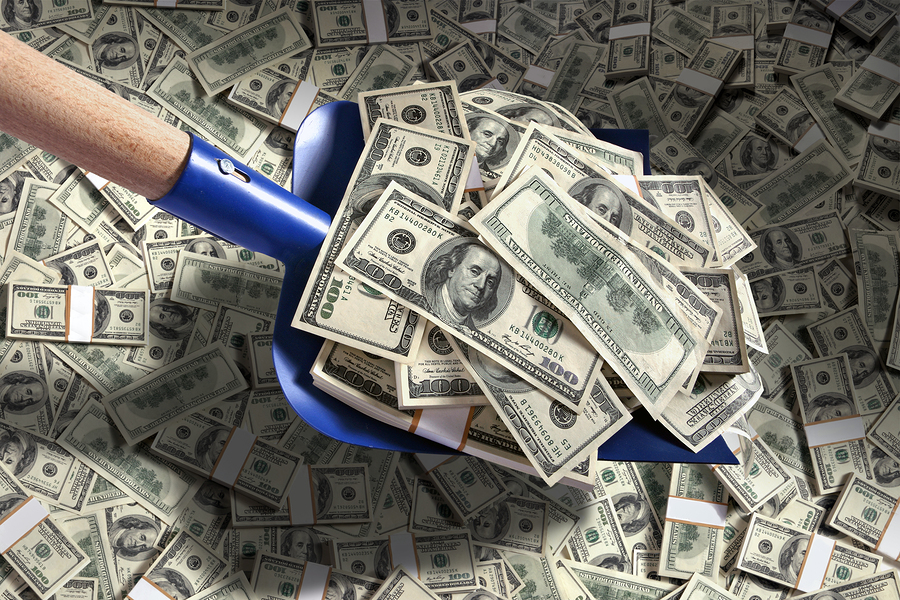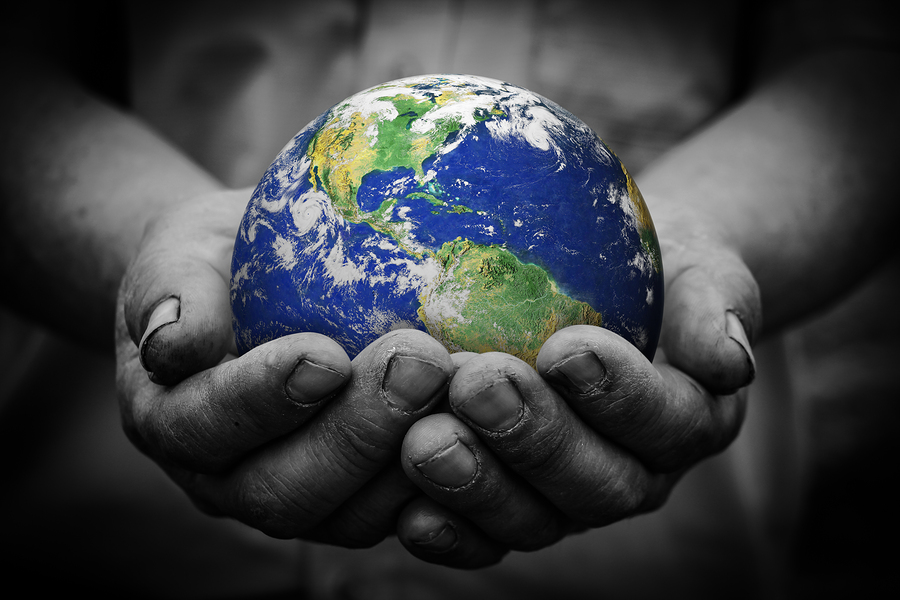Taking a cue from the media ads for various prescription drugs, including a legal disclaimer in any communication protects everyone from legal jeopardy or in this case, condemnation.
God inspired the Bible and the thoughts expressed in it are exactly as God intended. No one shall add or take away anything. The following satire is intended for entertainment value only. The opinions expressed are not necessarily those of any other person on the planet. If you take this too seriously, you need to get outside more.
I realize good satire doesn’t need to be announced ahead of time. But since I am not a writer of good satire, I feel compelled to do so, since our sound-bitten, share-a-phrase-out-of-context-on-Twitter communications culture could make me look pretty crazy after writing this post. And trust me, I don’t need to be made to look crazier than I am.
So, here we go… Why I, as a literary agent, wouldn’t represent various writers of Scripture and other Bible people:
Moses
Sketchy background. Accused of killing a man then fled the jurisdiction and never brought to justice. Claims to have spoken directly to God and hears from him regularly. Is relentless until he gets his own way. Nothing but negative comments from surviving members of Pharaoh’s court. Could be a very high maintenance author.
Joseph
An interesting man for sure, but for all the good stories he has to tell, there is still the unresolved charges brought by a Mrs. Potiphar. Frequent visions put his sanity in question. Complicated relationship with family could cause permissions issues with stories he might write.
Joshua
Strong personality but killed a lot of people. Honestly, I’m a little afraid of the man. Claims to have stopped the sun from moving for a period. Sure, like that ever happened. Probably exaggerates wildly. I would question his honesty and integrity.
Daniel
Good guy but claims to have visions and makes frequent predictions. Authors who make predictions are difficult to work with. He might need to pass a drug test before anyone agrees to publish him. According to references in Babylonia, he doesn’t compromise what he believes in, which might make him difficult in the editorial process.
David
Where do I start? Famous guy with a super platform, but he’s got issues. Seems to be constantly making mistakes and apologizing. Would probably get a contract cancelled for some moral failing. Frankly, some of the things he has done would make Godly people embarrassed to read.
Solomon
Yikes. The wives, the concubines, the whole Ecclesiastes dark perspective and then the Song of Solomon project would be reason enough for a Christian publisher to never publish him. Some things should not be covered in a Christian book. Sure, a wise guy with deep things to say, but you just know one of his wives would do a tell-all book and blow it all up.
Matthew
Writing out of his field. Should be writing about finance and business ethics, not history. Based on his past as a tax collector, he probably has integrity issues.
Luke
Same general issues as Matthew. Should be writing about medical issues, not history. No platform for a book about Jesus’ life. Book of Acts is completely out of his area of expertise. Should not have been involved in the Bible project in the first place.
Peter
No theological credentials or platform. Should never be published. Emotionally unstable. Definitely a high-maintenance client. Might be your best friend one day and deny he knows you the next.
Paul
Potentially a best-selling author, but more trouble than he is worth. Really knows his stuff, but he invokes God’s leading at the drop of a hat, and there’s the issue of standing idly by as Stephen was martyred. Has all the credentials, but will be a problem for editors. Constantly in trouble with the law. A nightmare for publisher PR departments. Disappears on trips for years at a time. Nine-year period in Tarsus still unaccounted for professionally. Too high-maintenance.









